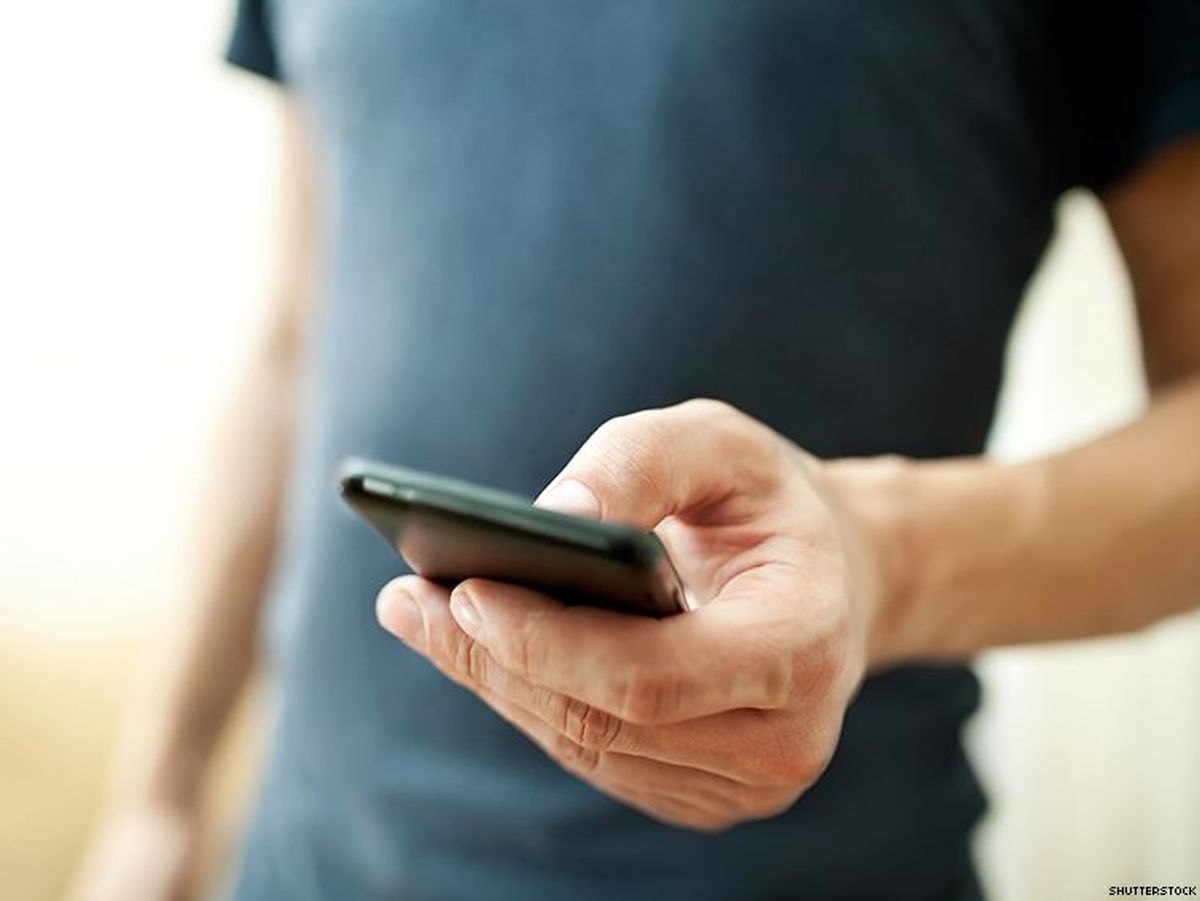HIV
STUDY: Dating Apps ‘A Major Factor’ in Spread of HIV in Asia
STUDY: Dating Apps ‘A Major Factor’ in Spread of HIV in Asia

The report from UNICEF found smartphone dating apps used by young gay men have become a major factor in the spread of HIV among teenagers in Asia.
Dawn Ennis
The Advocate's news editor Dawn Ennis successfully transitioned from broadcast journalism to online media following another transition that made headlines; in 2013, she became the first trans staffer in any major TV network newsroom. As the first out transgender editor at The Advocate, the native New Yorker continues her 30-year media career, in which she has earned more than a dozen awards, including two Emmys. With the blessing of her three children, Dawn retains the most important job title she's ever held: Dad.
The Advocate's news editor Dawn Ennis successfully transitioned from broadcast journalism to online media following another transition that made headlines; in 2013, she became the first trans staffer in any major TV network newsroom. As the first out transgender editor at The Advocate, the native New Yorker continues her 30-year media career, in which she has earned more than a dozen awards, including two Emmys. With the blessing of her three children, Dawn retains the most important job title she's ever held: Dad.
December 01 2015 3:31 PM EST
July 23 2019 3:22 AM EST
Lifeafterdawn

















































































Here's our dream all-queer cast for 'The White Lotus' season 4